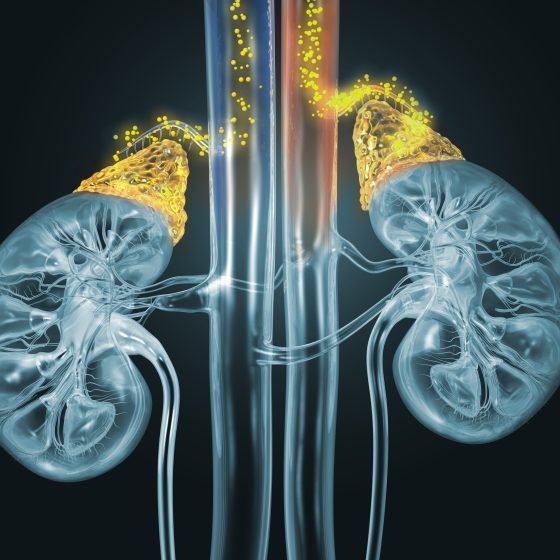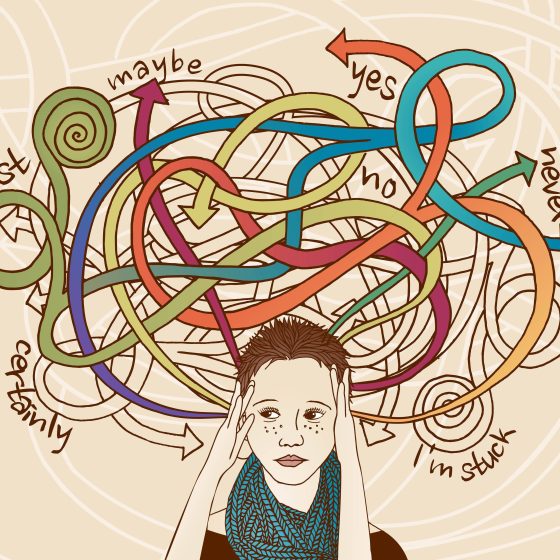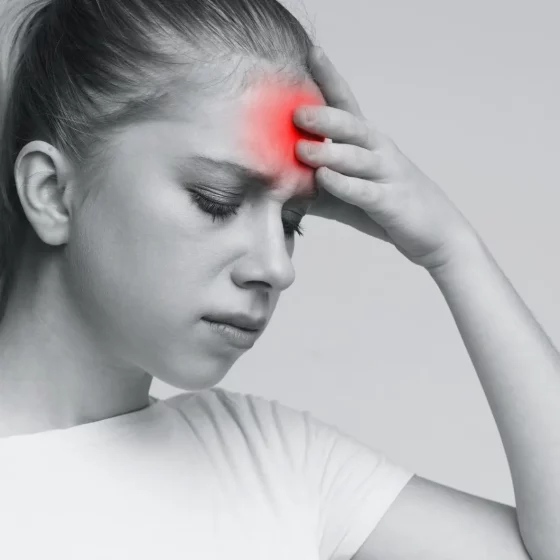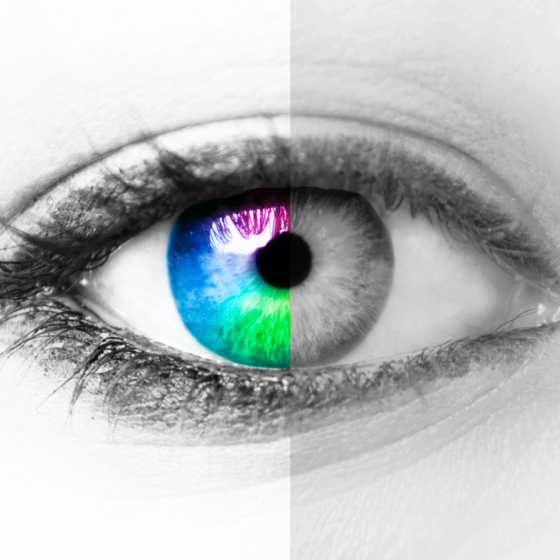Contraception
What is contraception? Contraception (birth control) can be used to prevent unplanned pregnancies. Pregnancy can happen when sperm released during penis-in-vagina sex fertilises an egg, which then implants in your uterus (womb). What should I think about when choosing contraception? There are many different forms of contraception. No form of birth control is 100% effective, but some methods are more effective than others. Aside from preventing pregnancy, some — but not all — methods of contraception can also help prevent transmission of sexually transmitted infections (STIs). Discuss contraception with a new partner before having sex, so you can choose a method that







